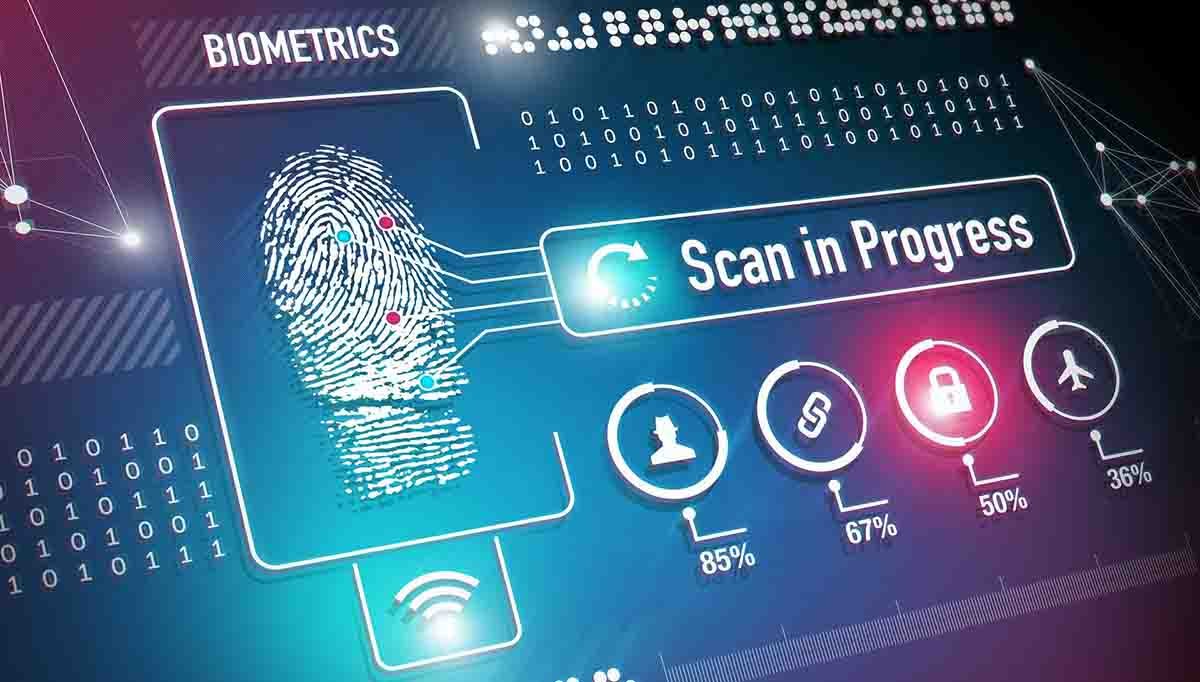
Maharashtra Government has given Mumbai police new progressive investigating software. They entrusted the entire task to a private firm, which has completed the work professionally. The idea of precluding crimes before they happen looks like something out of science fiction. They would compile together all the data of criminals with their fingerprints and face recognition. The company will build a database of relevant persons. For airports, it might be a watch list of terrorists and fugitives wanted by state police. Face recognition might involve keeping out individuals with a history of fraud and criminal background. With one click police will detect the entire criminal or fraudulent background of a person.
Such advanced innovations in technology need an hour. Looking at the state’s geographical area, we already have a lack of police force. Most of the time, police are engaged in VIP surveillance, bandobast, patrolling, crime investigations and political and cultural activities. Tracing criminals or investigating their background takes a lot of time. Now biometrics can help them speed up crime detection.
The next phase should be to share this data among states so that any criminal who takes refuge in other states can be tracked. Cameras can optimize for angle and lighting conditions. As individuals enter a secure area, they should capture images of their faces. A feature detection system can alert security if a match occurs. It’s these instant alerts that help security professionals actually prevent crimes from occurring. For example, if a known pickpocket enters a retail store, the alert can simply give the directive to detect. A professional could approach the person and offer customer service. By closely monitoring the potential criminal, they can prevent retail crime from ever occurring.
However, there are many chin snatchers and crime groups who visit local trains to steal mobile phones, or pickpocket purses, if their data stored in all railway stations and face detection signals shows their entry in the station the cops can prevent the theft by keeping a tight vigil on them. India needs this advanced technology for advanced security measures in housing societies to public places.
Retailers, casinos, transportation hubs, banks, stadiums and an extensive range of other organizations currently use surveillance as a means of security. But the problem is that traditional investigation systems are volatile. That they can alert security to crimes in process or aid in forensic investigations after crimes happen, but they do little to help organizations prevent crimes from happening. But face recognition can transform security by empowering security professionals to know which individuals are most likely to commit crime.
Another way that facial recognition software can help check crime is by providing criminal analytics. Analytics can give insight that shows at which places and at what times the most theft, scam or violent crime occurs. Such security provisions are a must for the banking system, super markets, safety lockers, public palaces, markets and railway stations.
Biometric technology is advancing at an almost exponential rate, and its impact on law enforcement is only going to grow. Women’s safety, child abuse and senior citizens’ safety can be monitored. Although biometric measures will allow police to help keep communities safer and perhaps even allow for cold cases to be solved and criminals brought to justice, there are many who believe these advancements amount to a violation of personal liberty. We’re going to examine biometric security measures and look at both sides of the question of their use and potential abuse.
One of the biggest advances in biotechnology that can affect law enforcement is the use of fingerprint readers or face recognition to open devices such as computers and smartphones. When a suspect is arrested, many times police would like to search their electronic devices for any evidence that could be associated with their alleged criminal activity. Another use of biometric advances comes in the area of facial recognition software and security cameras. The newest versions of biometric facial recognition software go far beyond just the face, to being able to analyze someone’s walking pattern, voice, and even just the iris of their eye.
The subject of this use of biometric advancements in law enforcement has gained media attention lately with the provision of software by Amazon, called Rekognition, to law enforcement organizations. Facial recognition is already being used everywhere. I see people open their smartphones with it. Finger and face recognition is a common feature in phones and even a layperson knows how to use it. No matter how far biometric advancements may go in helping law enforcement, departments will need the tools to share with each other the information that comes from biometrics. They should use biometrics in areas as diverse as security for businesses, schools, government agencies, borders and airports; patient identification in hospitals and blood banks; voice control of electronic devices; and criminal investigations. While many people may think of biometrics in terms of face, voice, and iris recognition, there are many other types of biometrics in use or in development as well.

